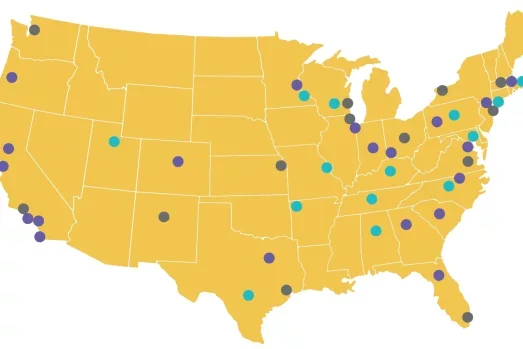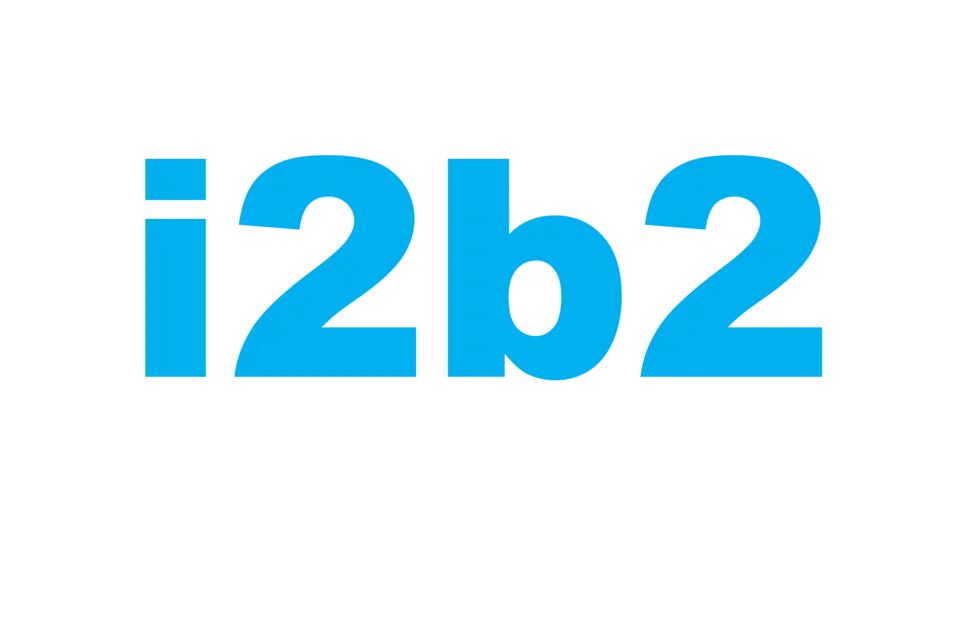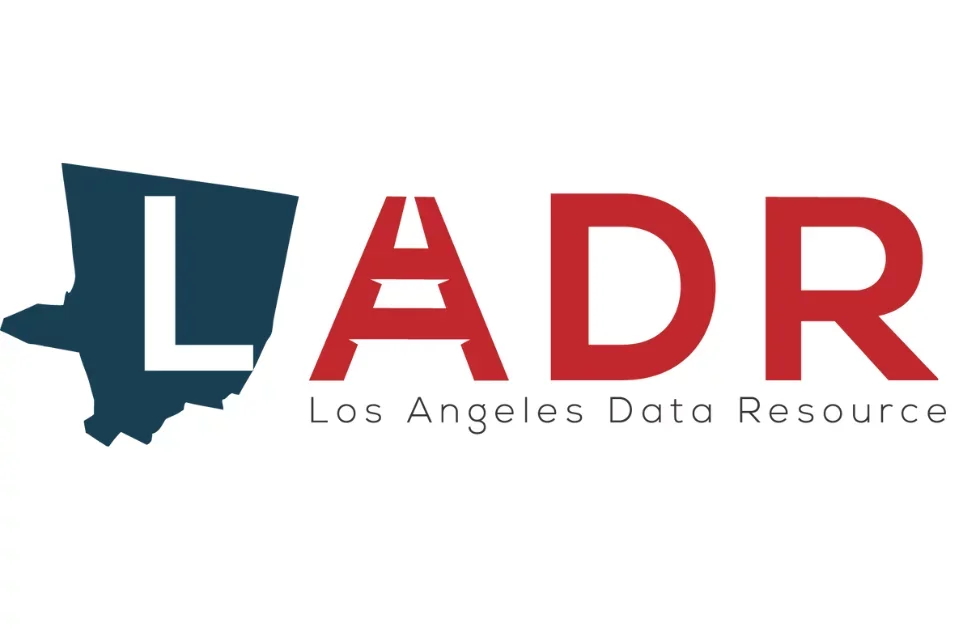Clinical data requests (archived)
Learn how to request and explore patient cohorts and individual patient data.
The Biomedical Informatics Program (BIP) at UCLA CTSI provides researchers with access to data derived from patient care activities. Investigators can access patient count data using one of our self-service systems. If accessing individual-level data is desired, a consult from Informatics is required. More information can be found below. A program flier is also available to review and download.
Obtaining Counts Preparatory for Research
UCLA participates in three networks that you can use to assess how many patients would meet different study inclusion criteria that are being considered. The systems also help you choose which other institutions to approach for participation if you need a larger sample size. Once your criteria is set, you can also obtain patient counts by gender, race and ethnicity to facilitate the completion of NIH planned enrollment tables.
Click here for more information about these systems and how you can obtain access.
Direct links to each system:
- ACT (Accrual to Clinical Trials Network) - counts from UCLA, UCSF, UCD, UCI, UCSD and 35+ other CTSAs nationwide
- LADR (Los Angeles Data Repository) - counts from UCLA, Cedars-Sinai, City of Hope, and USC
- i2b2 (Informatics for Integrating Biology & the Bedside) - counts from UCLA only
Obtaining Medical Record Data to Conduct your Research
The Informatics Program acts as the storefront for provisioning healthcare-related datasets for research projects at UCLA. As part of our data provisioning service, Informatics supports investigators through the whole process of obtaining patient data. Informatics reviews IRB applications and suggests modifications to the investigator in order to ensure IRB approval. If needed, Informatics collaborates with the Biostatistics Program to integrate electronic health record (EHR) data with other kinds of data and analytic efforts. Informatics also assists investigators with data security review by the UCLA Office of Compliance Services. Informatics is delegated the authority to grant approval on behalf of the Compliance office in routine cases. Once Informatics ensures all approvals have been secured, our programmers extract the requested data and securely deliver the data set to the investigator via our internal instance of REDCap (HIPAA compliant) or as an encrypted file via University email. You can receive data for studies involving direct patient contact or studies with no direct patient contact.
Click here to find more information on the process for receiving data for your study.
University of California COVID Research Data Set (CORDS)
The University of California COVID Research Data Set (UC CORDS) simplifies the process a researcher would otherwise have to go through to have a critical mass of detailed clinical data and patient variables to make meaningful comparisons. Once the request is validated, researchers gain access to the systemwide data from UC Health’s five academic health centers. UC CORDS follows the U.S. Department of Health & Human Services definition of a HIPAA Limited Data Set and excludes key direct identifiers of the individual or of relatives, employers, or household members of the individual. See full details and contact information here.
National COVID Cohort Collaborative Data Enclave (N3C)
The National COVID Cohort Collaborative Data Enclave (N3C) allows researchers to access a centralized analytics platform to enable the rapid analysis of clinical, laboratory and diagnostic data on COVID-19 tested patients (both positive and negative) from around the U.S. So far, 35 sites have deposited data on more than 2 million patients, and these numbers are increasing weekly. Investigators can use N3C data to answer critical research questions that address the pandemic. See N3C's welcome packet for new users—which includes contacts for support—and an introductory video on the analytics platform.
Perioperative Data Warehouse at UCLA (PDW)
The Department of Anesthesiology and Perioperative Medicine (DAPM), in collaboration with UCLA CTSI and the UCLA Office of Health Informatics and Analytics (OHIA) has developed and maintains a Perioperative Data Warehouse (PDW). The PDW is a custom-built, SQL-based data warehouse that extracts key data from EPIC (UCLA's electronic medical record) and organizes it into a user-accessible format in a highly validated and structured way. The warehouse contains over 4,000 distinct measures and metrics from across the perioperative period. This clinical data can be used for a variety of purposes. See full details and contact information here.
Sending Data to External Third Parties
If you are sending data to external third parties, you will need to obtain special approval. View the process at Third-Party UCLA Health Data Agreements.
Accrual to Clinical Trials Network (ACT)


UCLA CTSI clinical researchers and study teams can now query nearly 40 million patient records through the Accrual to Clinical Trials (ACT) Network for discovery and validation of patient cohorts for investigator-initiated multi-site or single-site clinical trials. ACT includes counts from UCLA, UCSF, UCD, UCI, UCSD and 35+ other CTSAs nationwide.
UCLA CTSI clinical researchers and study teams can now query nearly 40 million patient records through the Accrual to Clinical Trials (ACT) Network for discovery and validation of patient cohorts for investigator-initiated multi-site or single-site clinical trials. ACT includes counts from UCLA, UCSF, UCD, UCI, UCSD and 35+ other CTSAs nationwide.
Counts from UCLA, Cedars-Sinai, City of Hope, and USC.

LADR (Los Angeles Data Repository) enables investigators to assess how many patients at each participating institution match criteria for studies they are planning. LADR provides patient counts from UCLA, Cedars-Sinai, City of Hope, and USC.
Learn more about LADR...